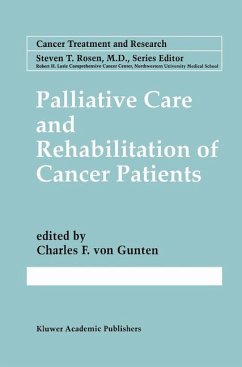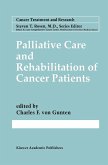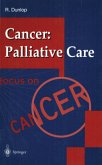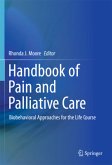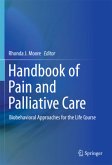Introduction The prevailing model of medical care for patients with cancer emphasizes the curative efforts of medical technology toward the eradication of the disease. Yet the suffering of the patient as a result of both the disease and our efforts to treat it is often overlooked. If we are to improve the survival of patients with cancer, it will be through intensive research into the molecular under pinnings of the disease and clinical trials of new therapies. However, it is essen tial to recognize and address the suffering of cancer patients as they are being treated. It is the purpose of this book to illuminate and advance the preven tion and treatment of suffering as part of the continuum of care for patients with cancer. Fundamental concepts Since the time of Hippocrates in the fifth century B.c., there have been two overall goals for the physician: - Cure of disease - Relief of suffering From our vantage point in the late twentieth century looking back at previ ous centuries, it is easy to observe that, aside from surgery, much of the medical care administered to patients with cancer was aimed at relieving the suffering associated with illness. It wasn't until the concept of disease (as opposed to illness) was elucidated and the scientific method was applied to understand ing and eradicating cancer that significant strides were made to improve the physician's ability to cure cancer.
Bitte wählen Sie Ihr Anliegen aus.
Rechnungen
Retourenschein anfordern
Bestellstatus
Storno

